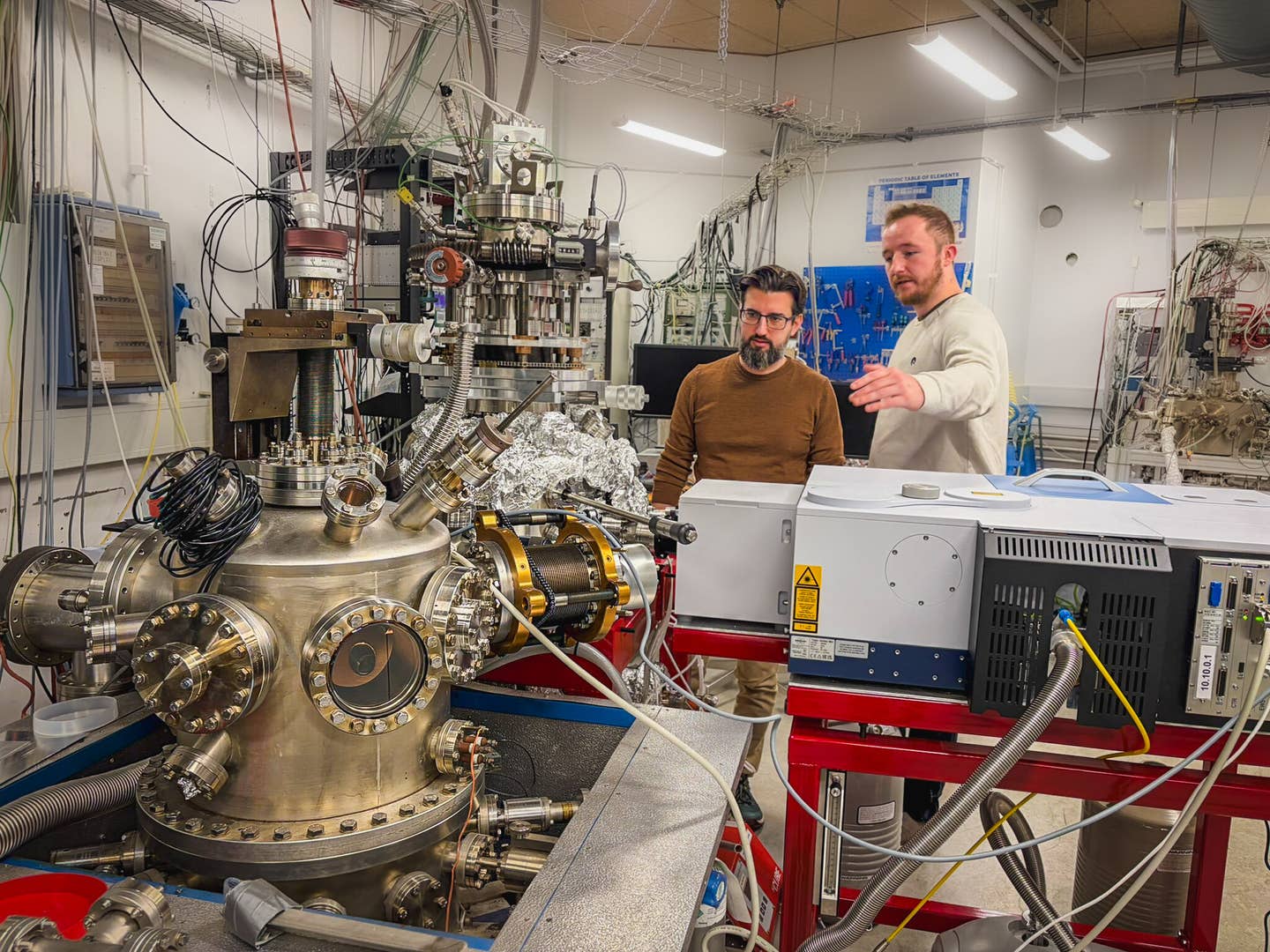Nations race to train workers for the age of artificial intelligence
Study of 50 countries shows how governments are preparing workers for AI-driven jobs and lifelong learning.

A global study reveals how 50 nations are rethinking education and job training to prepare workers for an AI-powered future. (CREDIT: Shutterstock)
Artificial intelligence is changing nearly every aspect of modern life, from the way you communicate and shop to the way your work is being quantified. Yet as machines become smarter, the question lingers: how are people preparing to stay relevant?
A recent global study shows how countries are preparing their citizens to succeed in a future with AI driving the workplace.
Preparing for a Future Shaped by AI
According to research cited in the study, nearly half of today’s jobs could disappear within the next two decades due to automation. Yet that’s only part of the story. Roughly 65% of elementary school students will one day hold jobs that don’t yet exist—many centered around AI technology.
"AI capabilities and abilities are very important," said Lehong Shi, assistant research scientist at the University of Georgia's Mary Frances Early College of Education and author of the study. "If you want to be competitive somewhere else, it is very important to prepare employees to work with AI in the future."
Shi and her co-authors studied the national AI plans of the 50 countries to see how governments are defining education and workforce preparedness in the face of a fast-changing technology environment. A survey revealed just 13 countries—virtually all of them in Europe—had well-developed, comprehensive plans for preparing an AI-qualified workforce. Australia and Mexico were the only two non-European countries to be so rated.
Quantifying How Countries Prioritize AI Education
To measure the dedication of every country, research utilized six criteria: the clarity of their goals, how they were planning to accomplish them, examples of projects, measures of performance, available resources, and project deadlines.
The results were very varied. Germany, France, and Finland stood out with good national plans incorporating AI education from primary schools through professional retraining. These nations have strong culture of lifelong learning and retraining programs supported by the government, which likely is the reason they succeeded.
The United States, however, fell under the category of "medium priority." While it has launched several programs to increase AI education and preparation for employment, its policies are less expansive than those of the leading European countries.
Training the Workforce of Tomorrow
The study uncovered six major strategies for preparing workers for AI-driven industries. They included developing AI-focused university programs, expanding K-12 technology education, creating workplace training pathways, and spending on teacher development and digital infrastructure.
On-the-job training was among the most prevalent approaches. Over half of the countries reviewed provide programs that collaborate with industry to equip employees with AI-related skills. Internships or apprenticeships that integrate academic education with practical experience are also sponsored by some governments.
However, Shi’s analysis revealed a major gap: few nations are paying attention to vulnerable populations such as the unemployed or elderly. Programs designed to teach them even basic AI skills were rare. “Some countries focus more on national security or healthcare applications of AI,” Shi said, “but that leaves out workers who need new opportunities most.”
Building a Lifelong Interest in AI
Countries like Germany are inspiring cultural shifts that render the learning of AI an ongoing pursuit. How Germany is doing this is by creating public interest in AI through people's programs and funding for adult education. Spain has another but equally innovative strategy, whereby AI courses are introduced as early as preschool.
Shi made the observation that these early intervention efforts could have a significant impact on shaping the attitudes of the following generation towards AI—not as a threat, but as a tool for creativity and imagination.
However, she believes that there is one part that remains unexplored: the human part of the equation. "Soft human skills, such as creativity, collaboration and communication cannot be replaced by AI," Shi said. "And they were barely touched upon by only a few nations."
Her thesis points to a growing consensus among business leaders and educators that sheer technical expertise will not suffice in the emerging workforce. Instead, it will perhaps be the combination of digital skills with human skills like empathy and cooperation that will ultimately distinguish humans from machines.
Global Gaps and Opportunities
The study also found that the education policies of most nations reflect their economic strength. Wealthier nations spend more money on AI research, infrastructure, and training for teachers, while less developed nations cannot. That difference could grow, could split the global workforce into an AI-driven half and a half left behind.
Even among high-income nations, priorities vary. Some Asian economies are prioritizing AI applications in healthcare and national security more than education and workforce development. European countries, on the other hand, remain committed to education as the pillar of sustained AI competitiveness.
The study shows that building AI literacy has to be positioned as a national investment, rather than a short-term policy concern.
Practical Implications of the Research
The implications of these findings reach far beyond the classroom. As technology continues to transform portions of the economy, the ability to adapt will determine individual and nation success. For policymakers and educators, the findings offer a model for developing inclusive programs preparing all workers—factory laborers, office professionals—from their bases of operation.
Shi hopes her findings will ignite further research on how cultural values and local economies influence workforce readiness. Upcoming research, she said, should look at how countries can better integrate technical training with social and emotional learning to produce a more competent workforce.
For the average person, the message is straightforward: being competitive in an age of AI means learning step by step, embracing technology, and achieving the uncharacteristic human qualities the machines can't replicate.
Research findings are available online in the journal Human Resource Development Review.
Related Stories
- Artificial intelligence is learning to understand people in surprising new ways
- Can artificial intelligence truly be creative?
- Artificial intelligence can now create AI applications on its own
Like these kind of feel good stories? Get The Brighter Side of News' newsletter.
Shy Cohen
Science & Technology Writer



